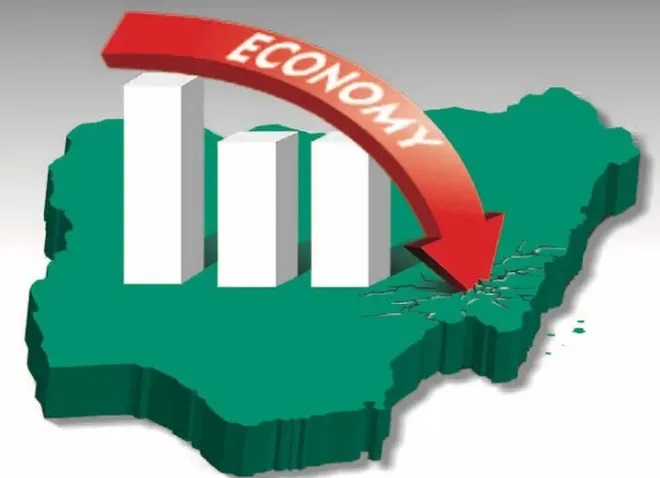Peace is not merely the absence of conflict; it is the foundation upon which sustainable development, investor confidence, and human progress are built. In a country as vast and diverse as Nigeria, blessed with abundant resources, a youthful population, and enormous economic potential, peace is both a prerequisite and a catalyst for growth. Yet, for decades, Nigeria has grappled with varying degrees of insecurity, from insurgency in the Northeast to banditry in the Northwest, secessionist agitation in the Southeast, and resource conflicts in the Niger Delta. These pockets of instability have come at a steep economic cost.
At its core, peace enables economic activity to thrive. Investors, both local and foreign, seek predictability, the rule of law, and physical safety for their operations and personnel. Without peace, the cost of doing business skyrockets, infrastructure becomes harder to build and maintain, and labour markets become fragmented. For instance, persistent attacks on farmlands and farmers in the Middle Belt and Northern regions have disrupted agriculture, a key sector of Nigeria’s economy and a vital source of employment. As a result, food prices have risen and food insecurity has worsened, contributing to inflation and deepening poverty.
Nigeria’s extractive industries are not spared either. Oil theft, pipeline vandalism, and community unrest in the Niger Delta continue to undermine oil production and deter needed investment. Billions of dollars in potential revenue have been lost, weakening the country’s fiscal capacity and undermining efforts to diversify the economy. In the Northeast, the protracted Boko Haram insurgency has devastated local economies, displaced millions, and eroded educational and healthcare systems, all of which have long-term implications for human capital development.
Beyond direct economic disruptions, the broader cost of insecurity includes a loss of social cohesion, reduced public trust in institutions, and rising youth unemployment, which in turn creates a fertile ground for further unrest. It is a vicious cycle, one that cannot be broken by military means alone. To secure lasting peace, Nigeria must invest in justice, equitable development, inclusive governance, and dialogue. Peace-building must be woven into the fabric of national and local policy.
At the same time, the dividends of peace are tangible. Regions that have enjoyed relative stability, such as parts of the Southwest and South-South, have seen a rise in real estate investment, technology start-ups, tourism, and manufacturing. Lagos, despite its challenges, remains a magnet for business because of a perception of relative order and opportunity.
This underscores the broader truth: when peace prevails, innovation flourishes, trade expands, and lives improve.
As Nigeria prepares for future growth in a rapidly changing global economy, it must recognise that no amount of policy reform, foreign aid, or infrastructural ambition will yield full results without sustained peace. Security and economic prosperity are inseparable twins; one cannot thrive without the other.
Therefore, the task before the Nigerian government, civil society, and the private sector is to elevate peace-building as a national priority, not as an afterthought in response to crisis, but as a deliberate strategy for growth. The youth must be engaged productively, grievances must be addressed through institutional means, and security forces must operate within the bounds of justice and accountability.
Nigeria’s future depends not just on what it does economically, but on how peacefully it can create an environment where all Nigerians, regardless of region, religion, or class, can contribute to and benefit from national progress. Peace is not a luxury. It is the bedrock of economic renewal.





